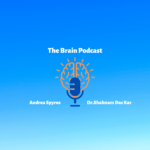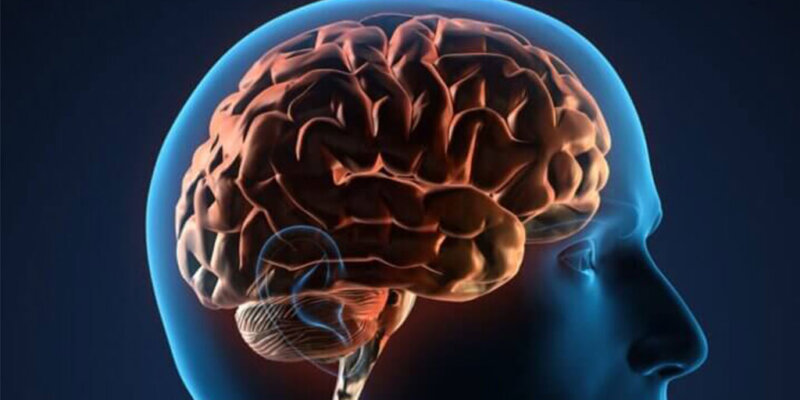
More women than men are diagnosed with Alzheimer’s Disease (AD). Age is one of the most significant risk factors for AD. Years ago, it was thought that more women had AD because they lived longer than men. But recent research has shown that age is not the only factor. Alzheimer’s Disease starts 20-30 years before someone develops symptoms. It is not a coincidence that this period also coincides with when women go through the menopausal transition. Brain glucose metabolism changes during the years before menopause (perimenopause). One of the hallmarks of AD is a change in fuel utilization in the brain from glucose to ketones. Functional Medicine doctors Dr. Natasha Iyer and Dr. Shabnam Das Kar discuss the importance of hormonal balance, how progesterone is treated as a “poor cousin,” and what type of hormone therapy is safe and provides benefits for cognition and heart health.
(00:00) – Women, hormones and the brain
(00:16) – Alzheimer’s and Hormones
(03:45) – Breast Cancer and Estrogen
(04:34) – Alzheimer’s disease and hormone therapy
(04:54) – Cognitive health, menopause and Alzheimer’s disease
(08:13) – Does menopause affect the brain?
(09:14) – How to manage Alzheimer’s disease during perimenopause?
(10:40) – Alzheimer’s disease, metabolism and glucose
(14:45) – Heart and brain health
(17:39) – Will Hormone Therapy Help Women in Their 70s?
(20:48) – Pet Peeves
(22:27) – Hormone Therapy
(26:53) – Progesterone and the brain
(27:53) – Hormone Therapy and the Brain
(31:22) – Hormone Therapy for Women with Hysterectomy
(31:59) – Hormone therapy for women in their 60s
(35:26) – What is the first sign of menopause?
(36:09) – What is menopause? (Hot Flashes)
(38:38) – Hormone therapy for menopause
Chapters created by ChapterMe
Audio-only version on YouTube
Audio-only version on YouTube
Menopause Symptoms Questionnaire
References
- Mosconi, Lisa, et al. “Perimenopause and emergence of an Alzheimer’s bioenergetic phenotype in brain and periphery.” PloS one 12.10 (2017): e0185926.
- Mishra, Aarti, et al. “A Tale of Two Systems: Lessons Learned from Female Mid-Life Aging with Implications for Alzheimer’s Prevention & Treatment.” Ageing research reviews (2021): 101542.
- Sherwin, Barbara B., and Miglena Grigorova. “Differential effects of estrogen and micronized progesterone or medroxyprogesterone acetate on cognition in postmenopausal women.” Fertility and sterility 96.2 (2011): 399-403.


